CONSERVANDO RINNOVARE
A brief reflection on the role of education in effecting cultural change in society
The logo representing Consolata Institute of Philosophy reads “Conservando Rinnovare” which means,
conservation through renovation! A moto which seems to be in flagrant contradiction; how do you
conserve when you renew or renovate?
But this moto reflects how complicated life is. Last year we were treated to rich lyrics to the effect that
“vindu viya chenjanga” or rather, “things are changing”. But again, with all estimates, things are as they
have ever been in the last 20 years. That is what the wise people tell you: “the more things change, the
more they remain the same”!
And yet everybody is crying for change. You will hear those who are tired of the status quo saying, “all
we want is change, it does not matter whatever that change entails”. For them every change is as good
as a rest.
Reflection By Fr. Dr. Stephen Okello IMC
The main aim of Consolata Institute of Philosophy (CIP) is that of giving to students a reflective and critical knowldge of the mystery of man, the world and God in preparation for the theological studies and other relavant disciplines.
Consolata Institute of Philosophy centered in the Gospel of Jesus Christ, Affiliated to Pontifical Institution and situated in the African context, seeks to:
Philosophical institute that teaches and awards Diplomas and Bachelor of Arts in philosophy. Consolata Institute of Philosophy also offer an initial academic preparation aiming at catholic priesthood.
Consolata Institute of Philosophy (CIP) and its contribution to Research and Innovation for Quality Higher Education:
Building the Africa we want. First of all we know that philosophical Research is required not just for students and academics, but for all professionals. At CIP, we affirm that "Knowledge" basically pertains to facts based on objective insights and/or study findings processed by the human brain. It can be acquired through various ways, such as reading books, lectures, conducting scientific experiments, and intellectual/social interaction, among others. These facts, can be checked to ensure truthfulness and precision. In epistemology, there are three kinds of knowledge: procedural (competence or know-how), acquaintance (familiarity), and propositional (description of "a fact or a state of affairs"). A factual proposition is commonly used to define "knowledge". At CIP we emphasize on a virtuous metaphysics which points to correct epistemology and Logic of which at the end directs the learner to good Ethics. In fact we realize that logic teaches the people how to derive a previously unknown truth from the facts already at hand. It teaches us how to be sure whether what we think is true, is really true. If the knowledge acquired is put into practice, we shall then be talking of information that leads to formation in order to bring transformation in the person and the society. Information becomes the foundation for which formation begins in a person’s life. And then transformation is something that God’s Spirit comes in, takes over and does.
i) Through regular participation in the days and evenings of human spiritual formation as scheduled in the comprehensive calendar;
ii) Through open and self-disclosing conversations with one’s spiritual director and faculty adviser;
iii) Through the required courses in philosophy and religious studies, which provide the occasion for seminarians and sistersto develop self-understanding and pastoral and relational skills; d. through participation in the various dimensions of theological Pastoral Formation. e. through presence and involvement in the Seminary community and, more specifically, in the life and activities of one’s class and corridor.
The Goals of Consolata Institute of Philosophy are basically the following
• To help our Students understand major philosophical ideas accurately.
• To assist our Students to apply their understanding of ideas in novel contexts.
• To encourage our Students to write effectively and be able to communicate and speak effectively.
• To help the Students to argue with precision, balance, and insight.
• To help the Students understand the formal structure of arguments and understand the rules of inference.
• To help the students critically assess their own commitments and ideas.
• To help students to read analytically, critically, and empathetically.
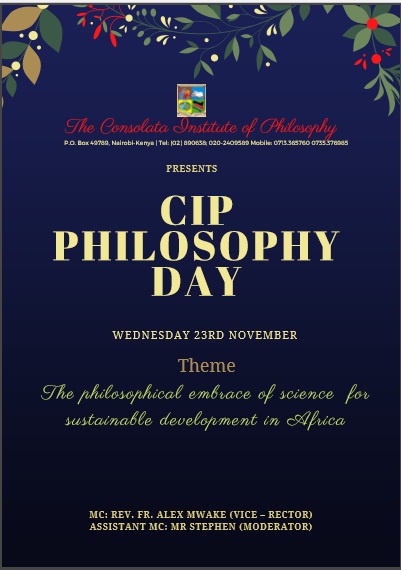
We are welcoming you to our Philosophy day on 18th Friday this week.
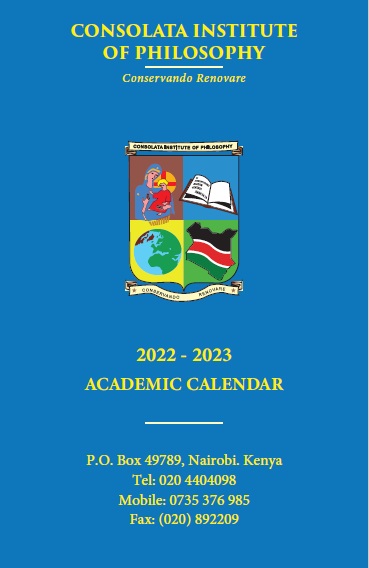
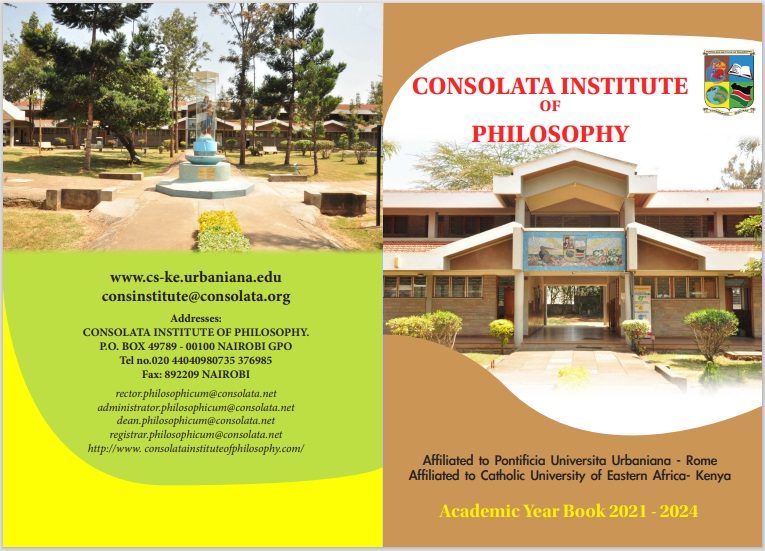
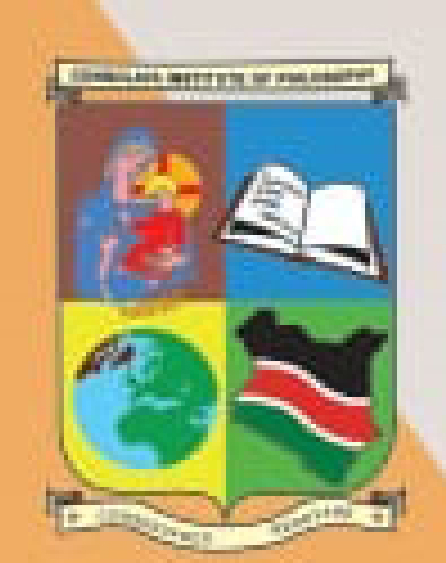

ACADEMIC YEAR 2022-2023 TIME TABLE
ViewACADEMIC YEAR 2021-2022 TIME TABLE
ViewConsolata Language
Centre Information
View
View
CONSOLATA LECTURERS
![]()
Renewal of Consolata Institute of Philosophy Affiliation by Pontifical Urban University (Pontificia università urbaniana)
ViewCOVID-19 ANNOUNCEMENT FROM THE BOARD OF MANAGEMENT
ViewView
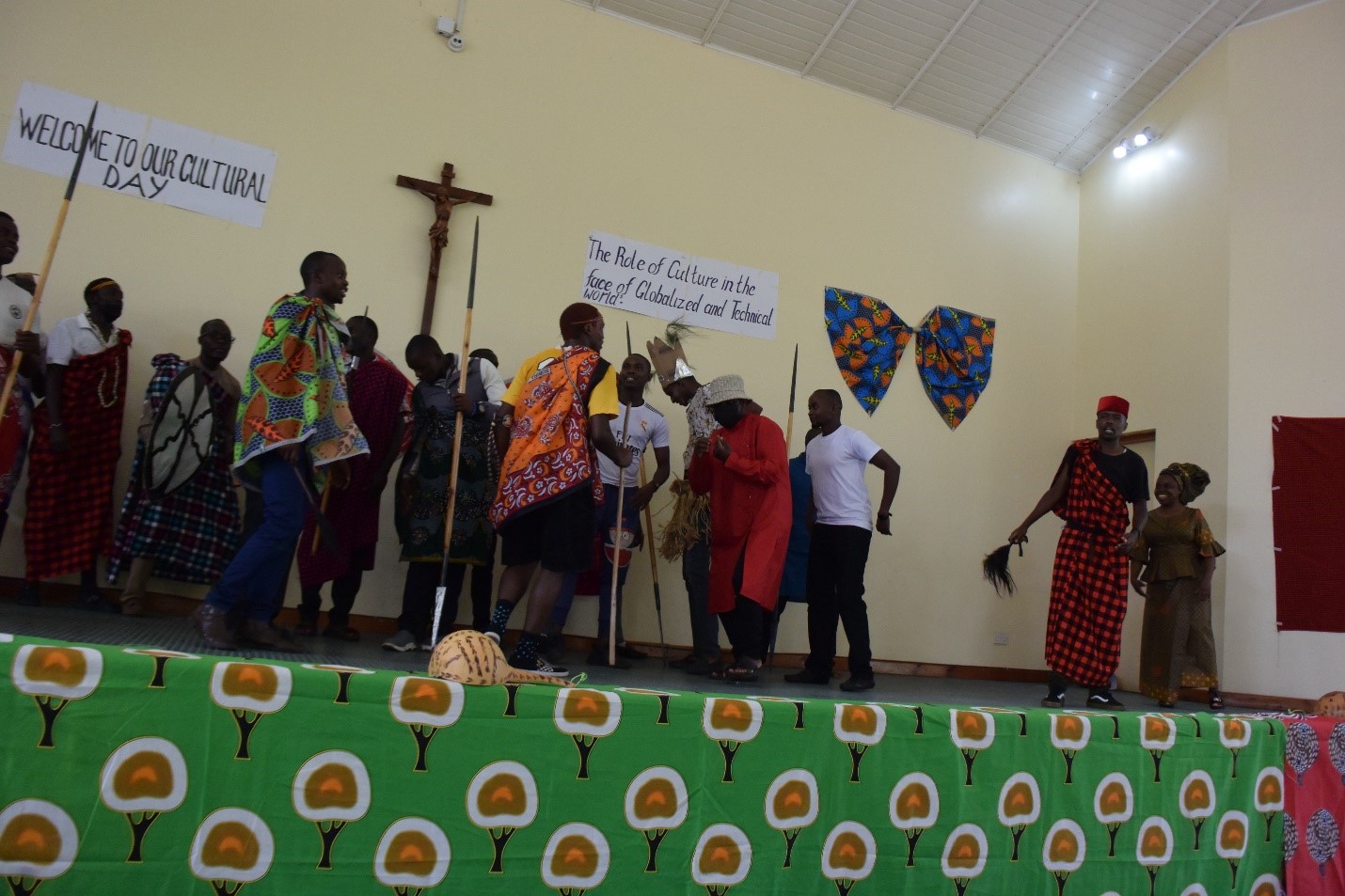
Consolata Institute of Philosophy Cultural Day 2022
By Vatia Daniel

Members of Staff and Students after the Launch of Digital Library
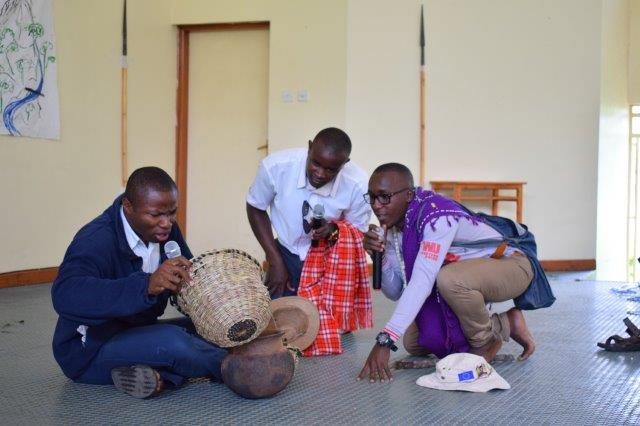
Cultural day Review
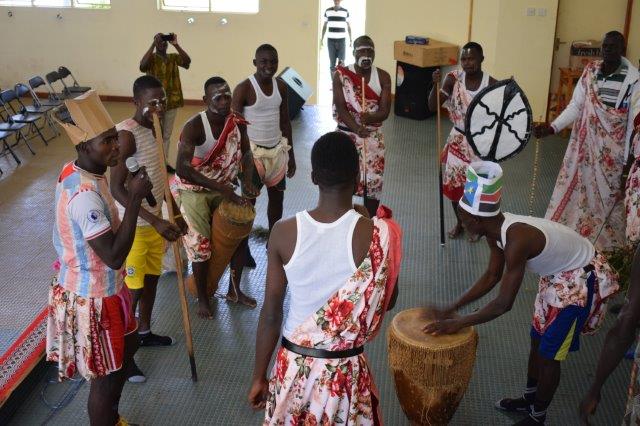
Cultural week and cultural day at Consolata Institute of Philosophy
(17-21 FEB 2020)
Principals perspective

Graduation procession
THEME FOR PHILOSOPHY DAY 0N 13TH OCT 2021
THE RELEVANCE OF PHILOSOPHY AND THEISTIC BELIEFS IN A GLOBALIZED WORLD SCOURGED BY PANDEMIC
SUB THEMES
Consolata Institute of Philosophy
The Role Of Philosophy In The Social Political Transformation Of The Society. By Dr. James W. Kabata OFMConv

Philosophy, in the view of is a human need.
There is no area of thought that we are afraid to explore, to challenge, to question, or to doubt.
PHYSICAL ADDRESS